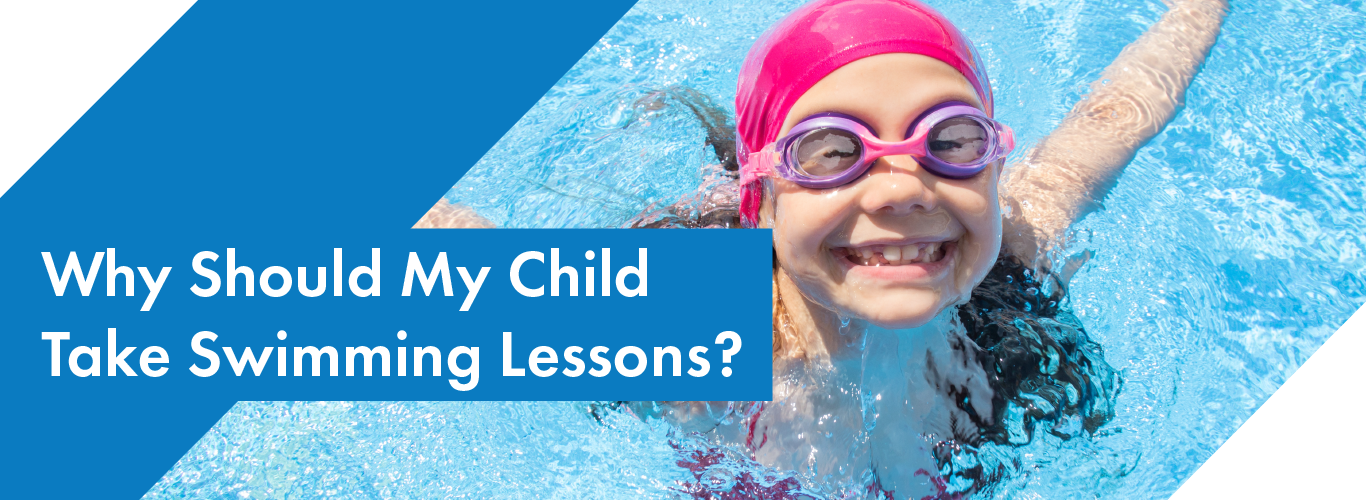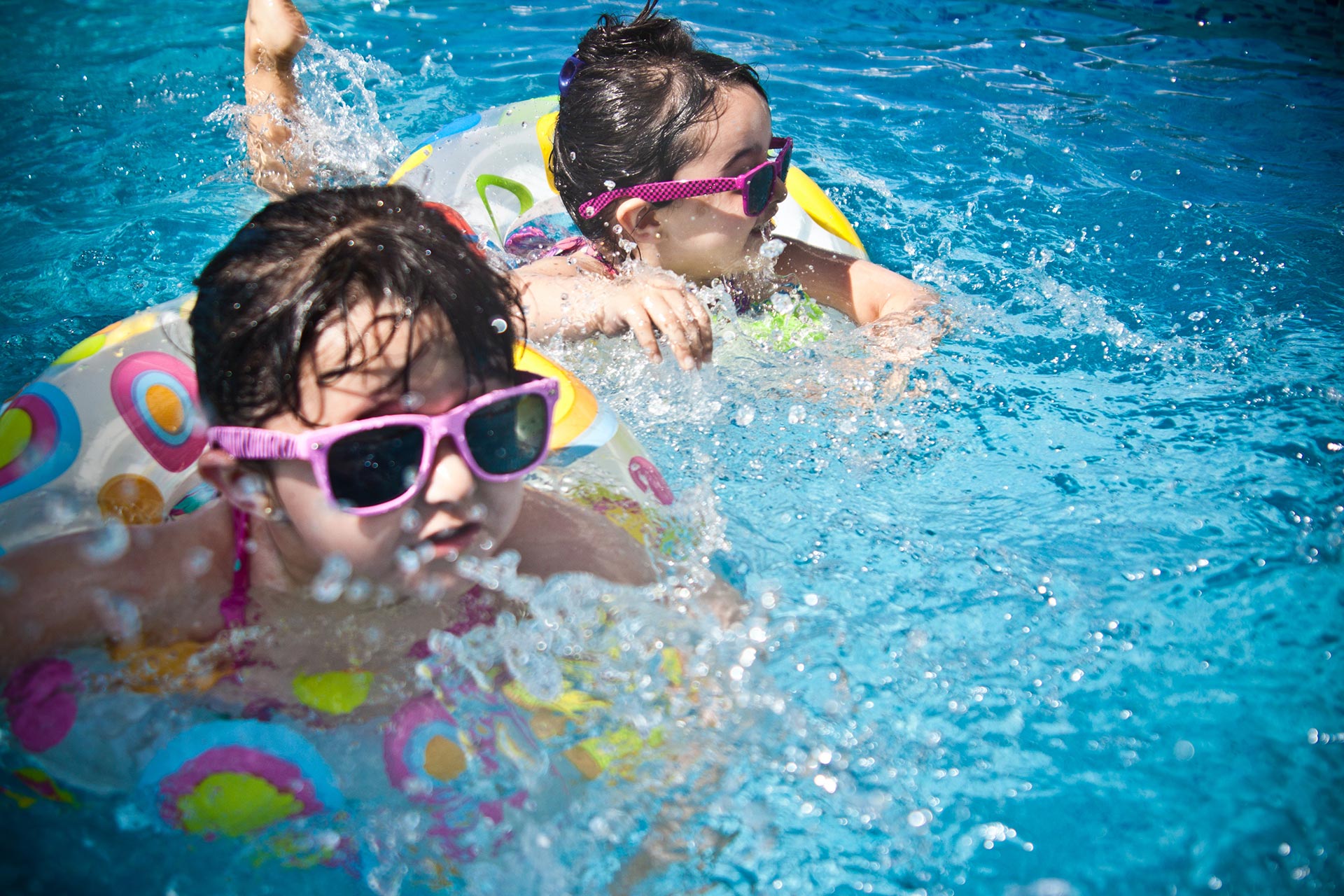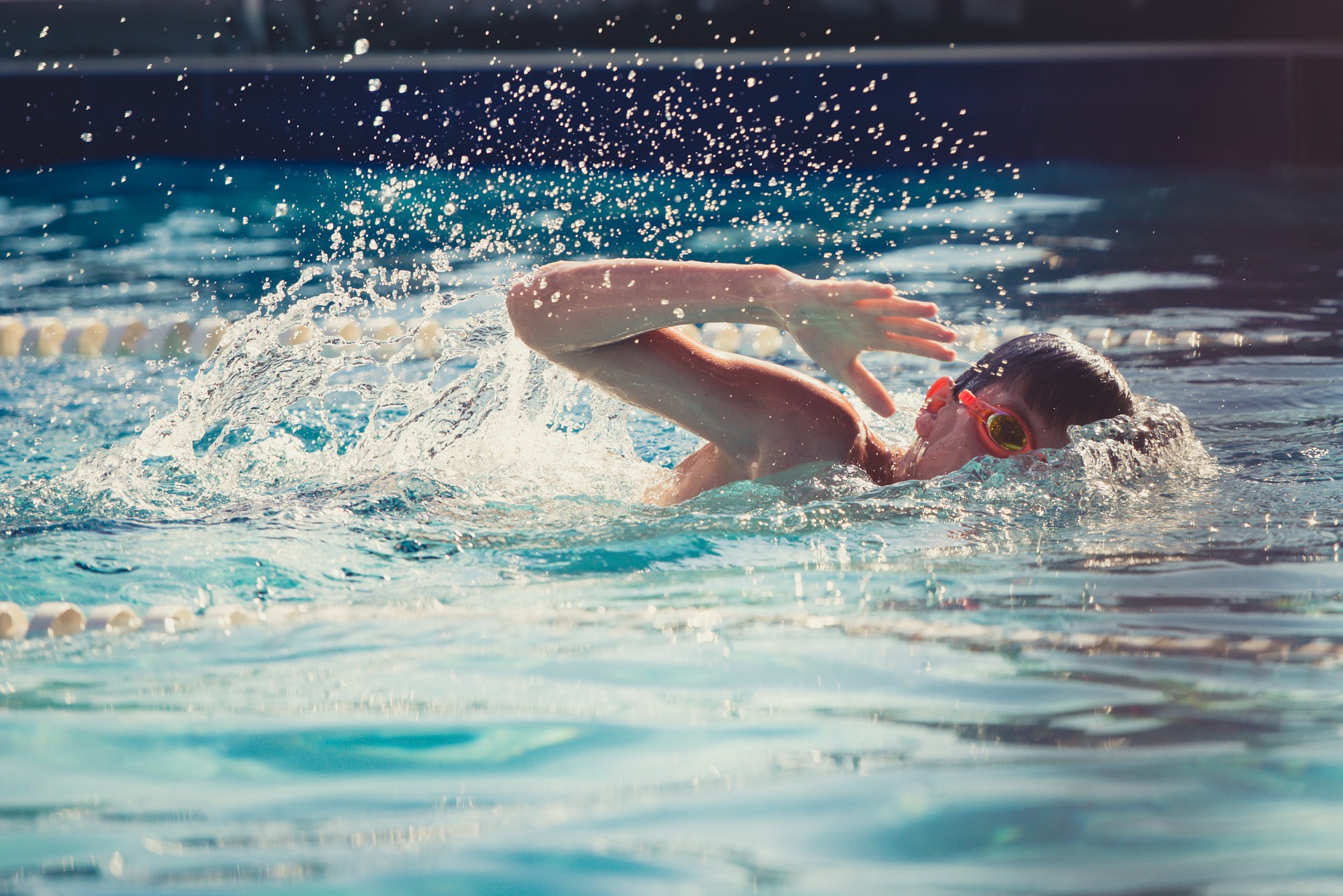Why Should My Child Take Swimming Lessons? And What Do They Need To Know?
We are lucky enough to be surrounded by beautiful beaches and rivers here in Australia and having a swimming pool in the backyard is a cultural phenomenon. However, it does come with inherent risks. Swimming is an essential life skill that each child should learn to ensure they are safe around the water.

Why Should Your Child Learn To Swim?
One of the leading causes of deaths amongst children here in Australia, is drowning. Many of us spend our spare time around water, so it is inevitable that children are curious and want to go near it. This can have disastrous consequences for those who are unable to swim. Learning to swim is not only fun for kids but it has many advantages too. Swimming regularly can improve strength and flexibility, improves stamina, posture, and balance. Some other benefits include:
It’s A Great Form Of Exercise
Children are now spending more time on their devices than ever and as a result, childhood obesity has become a prevalent issue for our nation. Swimming is a great way to install healthy exercise habits into your child’s routine. It is one the best forms of exercise as it works the entire body and can increase cardiovascular health. Swimming is an inclusive sport that can be done by anyone, at any age.
Boosts Confidence
Swimming lessons that are catered to younger children are usually centered around water play, games, and songs. Children have the opportunity to learn a new skill whilst interacting with their peers and the instructor. It is fun and boosts their self-esteem.
May Improve Cognitive Development
Swimming involves the use of bilateral cross-patterning motions. Cross patterning is when both sides of the body move in unison to complete a task. This promotes neuron growth in the brain which is known to help with:
• Communication
• Academic learning
• Spatial awareness
• Language development
• Literacy, math, and verbal skills

Helps To Increase Muscle Tone And Hand Eye Coordination
Swimming promotes muscle growth. It can help infants strengthen muscles that are used to move their arms and legs, hold their head up and work their core. Children that swim regularly have better hand eye coordination. Skills gained from swimming allows them to use their hands better to achieve tasks. Even minor coordination movements can drastically improve a child’s development.
Provides Education On How To Be Safe Around Water
It is vitally important that children are educated on the dangers that water can bring. Learning to swim enables children to be familiar with and around water. They will learn safe practices and how to get to safety if they accidentally fall into the water.
Improves Sleep
Swimming not only burns a lot of energy, it makes biochemical changes in the brain, stretches the body, and regulates breathing patterns, all of which will result in your little one having a more restful sleep
What Do They Need To Know?
The main objective of children going to swimming lessons is that they learn how to be safe in and out of the water. Knowing how to swim can significantly reduce their risk of drowning. Depending on your child’s age, they will learn different skill sets. Below are some of the things you can expect your child to be taught:
• Roll and float
• Hold their breath
• Close their eyes
• Rest and breathe when floating on their backs
• How to get the water’s edge safely
As they get older the tasks become more complex and they will learn things such as:
• The swim float swim method
• Kicking
• Swimming techniques
• Gliding through the water
Children of all ages need to learn how to get to the surface of the water when under it and get in and out of the water safely.

When Should My Child Learn To Swim?
Anytime is a great time to learn to swim. Many choose to put their children in swimming lessons at a relatively young age. Whilst this has many benefits, it’s more about getting them familiar with water rather than learning lifesaving skills. A child that has been in swimming lessons regularly from around 6 months of age, can typically swim unaided (within an arm’s length and supervised of course). Remember, a great way of protecting your kids from the dangers of water is by making sure your pool fence is compliant and by supervising them constantly when they are near water. Kids develop at varying rates and whilst one child might be ready for swimming at a certain age, another might not be. Choosing when to put your child in swimming lessons your decision and you will know when it is the right time for them to start.
What To Look For In A Swim School
Look for a swim school that focuses on water safety and survival skills rather than just mastering stroke techniques. The instructors should provide feedback on your child’s progress and evaluate their skill levels often.
For kids of all ages, look for a swim school that:
• Educates your child on what to do if they fall into the water – This includes learning self-rescue skills. They should be taught how to get out of the water safely via different scenarios. Additionally, older kids should be taught what to do if someone else is in danger in the water, and how to get help.
• Has qualified instructors – All of the swim school instructors should be fully qualified, and their certificate of attainment should have been completed via a nationally recognised learn-to-swim company. They should also have lifeguards that are competent in First Aid and CPR.
• Let’s you sit in on class or offer a free trial before enrolling – Not all swimming classes are the same and before you commit your child to a class you want to be sure they are getting the best swimming education whilst being happy and comfortable. Some things to look for are the group sizes, if the instructors are friendly and engaged and if there is any one on one time throughout the lesson.
• Teaches children how to be safe not only in the water but around it also – Children should never be left near water unsupervised even if they are competent swimmers. The swimming instructor should teach children that they must always ask an adult, swimming instructor or lifeguard before entering water of any kind.
Taking your children to swimming lessons should be a priority for every parent. Swimming is a life skill that will not only help to reduce the risk of drowning, but it opens the door for many fun water activities and sports that your child can partake in. Children need to learn to swim to ensure that they are safe.
Remember, no matter how confident your child is in the water, this doesn’t replace the need for adult supervision. Children at all ages and swimming abilities should always be watched.
Here at Barrier Reef Pools we believe water safety is paramount and all our pools are built to the highest national safety standards. To discuss one of our pools for your home or for further information, give our friendly team a call.
